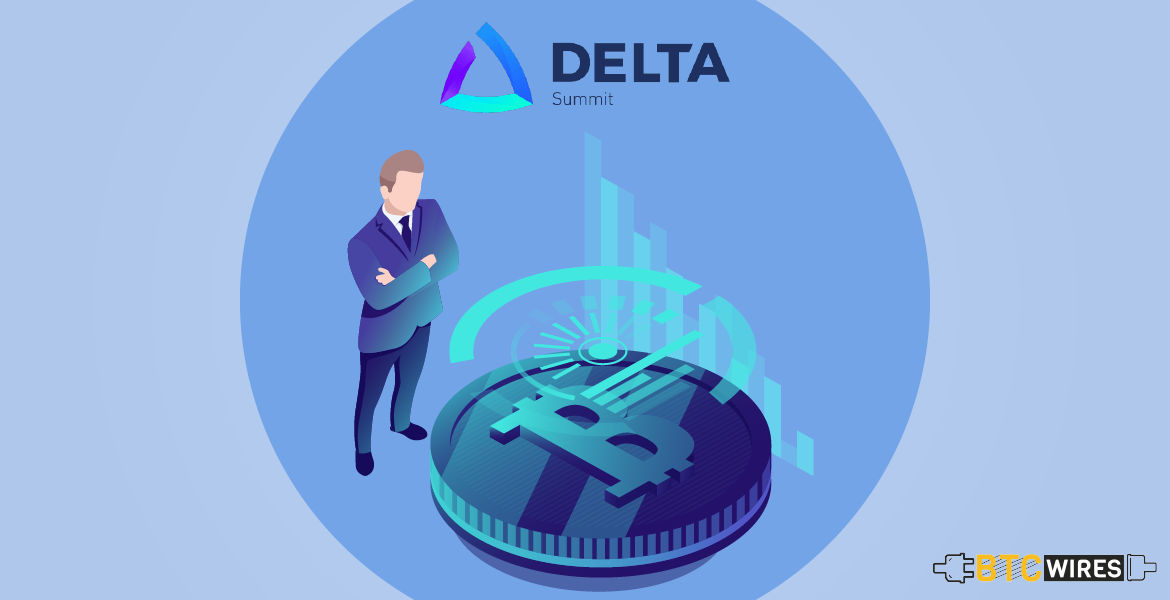Wikipedia better watch out, beacuse it might soon face some

Wikipedia better watch out, beacuse it might soon face some serious competition from Everipedia.org, a creation of Wikipedia’s co-founder Larry Sanger. The popular crowdsourced knowledge database is experiencing something close to a modern day ‘fork‘ with this new innovation.
It is time for Wikipedia’s archaic flaws to be remedied and this new blockchain-based application, which is powered by EOS.io technology, is just the right tool for that. It plans to smoothen out certain issues that currently plague Wikipedia which are central bureaucracy, international censorship and incentivizing the process for content creators.
Larry Sanger, the CIO of Everipedia and also a co-founder of Wikipedia recently spoke at the Malta Delta Summit where he talked about this new application at length. He said,
“Thanks to new technology, it’s now possible to move beyond Wikipedia just as we moved beyond Britannica almost two decades ago.”
Sanger’s presentation at the summit pointed out some major drawbacks of Wikipedia, one of which is the shortage of new content contributors. The page currently has only 129,672 active contributors and a mere 12,000 editors to filter out content, despite getting 18 billion views per month. The lack of a compensation scheme to draw out new contributors, largely hinders the growth of ‘Wikipedians’. Although most active contributors do it out of the pure satisfaction of sharing knowledge, a lucrative incentive scheme could really motivate content creators.
Everipedia will have its own unique ‘IQ’ utility token, which will reward editors and content creators for the work that they do. These tokens could be traded at crypto exchanges and they will also equip the owners with greater power over the governance of the Everipedia network. Unlike Wikipedia, content creation will not stagnate on Everipedia due to the continued incentives.
The site cannot be banned by foreign governments due to its decentralized nature. It will be soon expanding into Europe, after the launch of its second office in Stockholm, Sweden.
